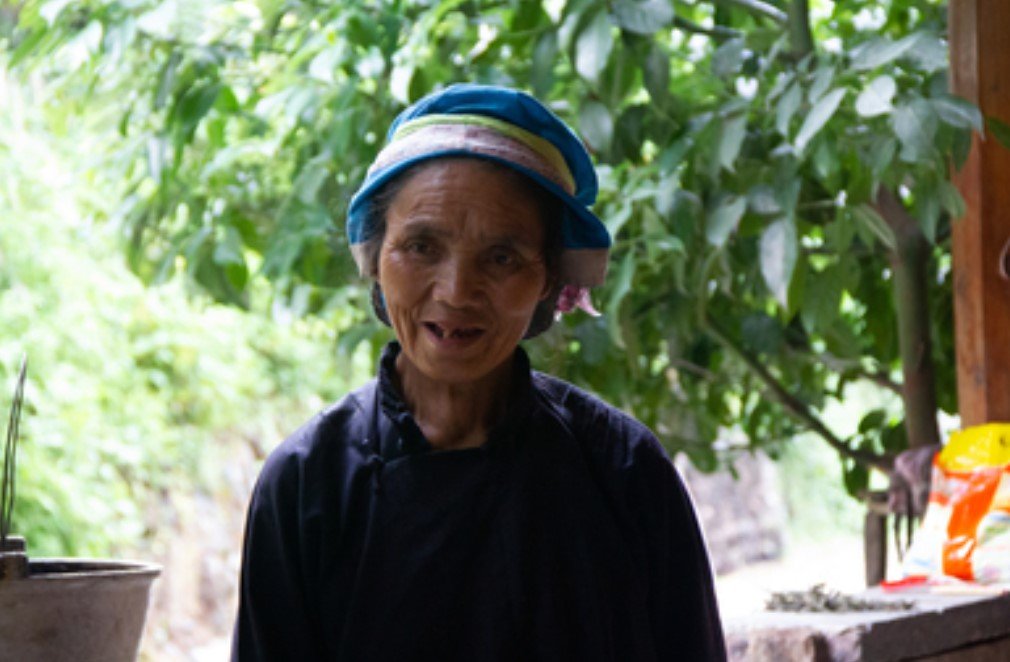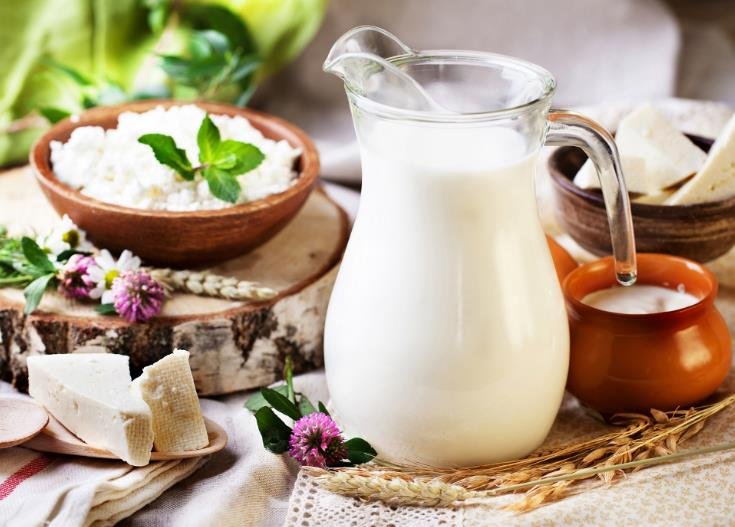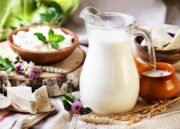The quest for a long and healthy life has led many to the shores of Okinawa, Japan, where the number of centenarians per capita is among the highest in the world. This article delves into the lifestyle and practices of Okinawa’s elders, offering insights into how they achieve such remarkable longevity.
Okinawa’s diet is a cornerstone of its residents’ longevity. Predominantly plant-based, it includes a variety of locally grown vegetables and beans, providing a rich tapestry of nutrients. The traditional Okinawan diet is low in calories yet high in vitamins, minerals, and antioxidants, which are believed to contribute to their extended lifespans.

The concept of “Hara Hachi Bu,” eating until one is 80% full, is a practice deeply ingrained in their culture. This approach to eating, coupled with a diet consisting of sweet potatoes, soy products, and a plethora of greens, forms a nutritional blueprint for health and longevity.
The Power of Community
In Okinawa, the sense of community is strong, and social ties are maintained well into old age. The tradition of forming ‘moai,’ a group of lifelong friends that provide social, financial, and emotional support, plays a vital role in the mental and emotional health of the islanders.
These social networks provide a sense of belonging and purpose, known as ‘ikigai,’ which translates to ‘reason for being.’ The Okinawans’ emphasis on fostering and nurturing relationships is a testament to the importance of social connections in living a long, fulfilling life.
Embracing an Active Lifestyle
Physical activity is seamlessly integrated into the daily lives of Okinawans. Rather than engaging in strenuous exercises, they practice gentle, consistent movements through activities like gardening, walking, and traditional martial arts.
This active lifestyle, combined with the natural terrain of the island that encourages outdoor activities, contributes to their physical well-being. The Okinawans show us that staying active doesn’t necessarily mean hitting the gym but rather finding joy in regular, natural movement.
















